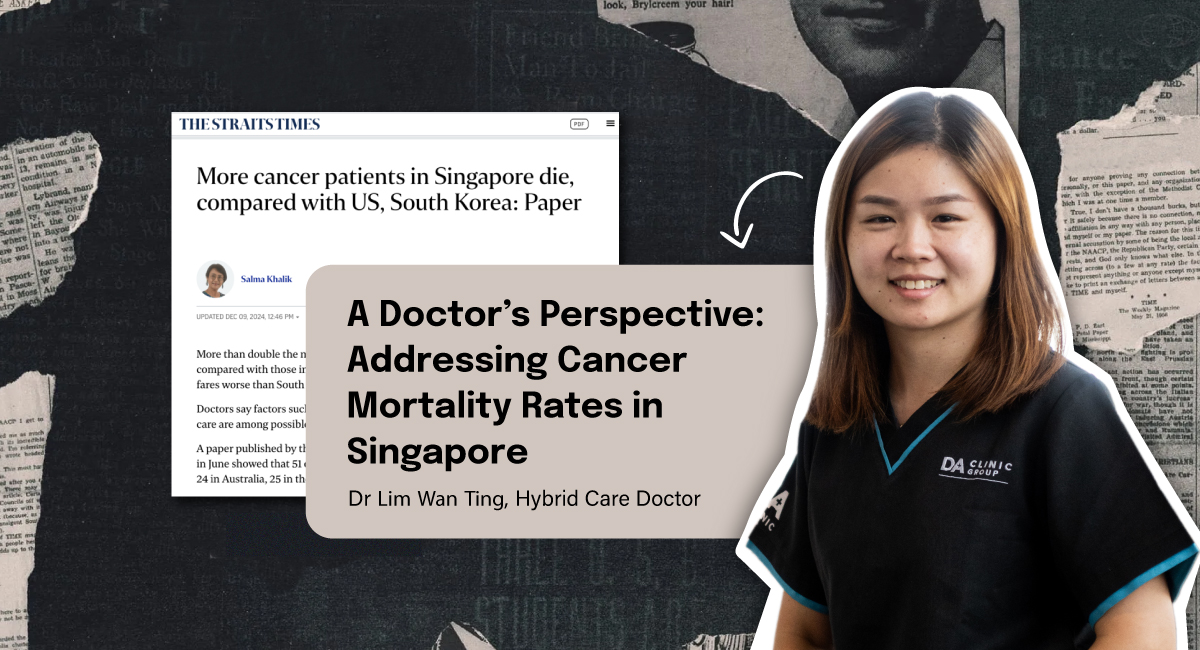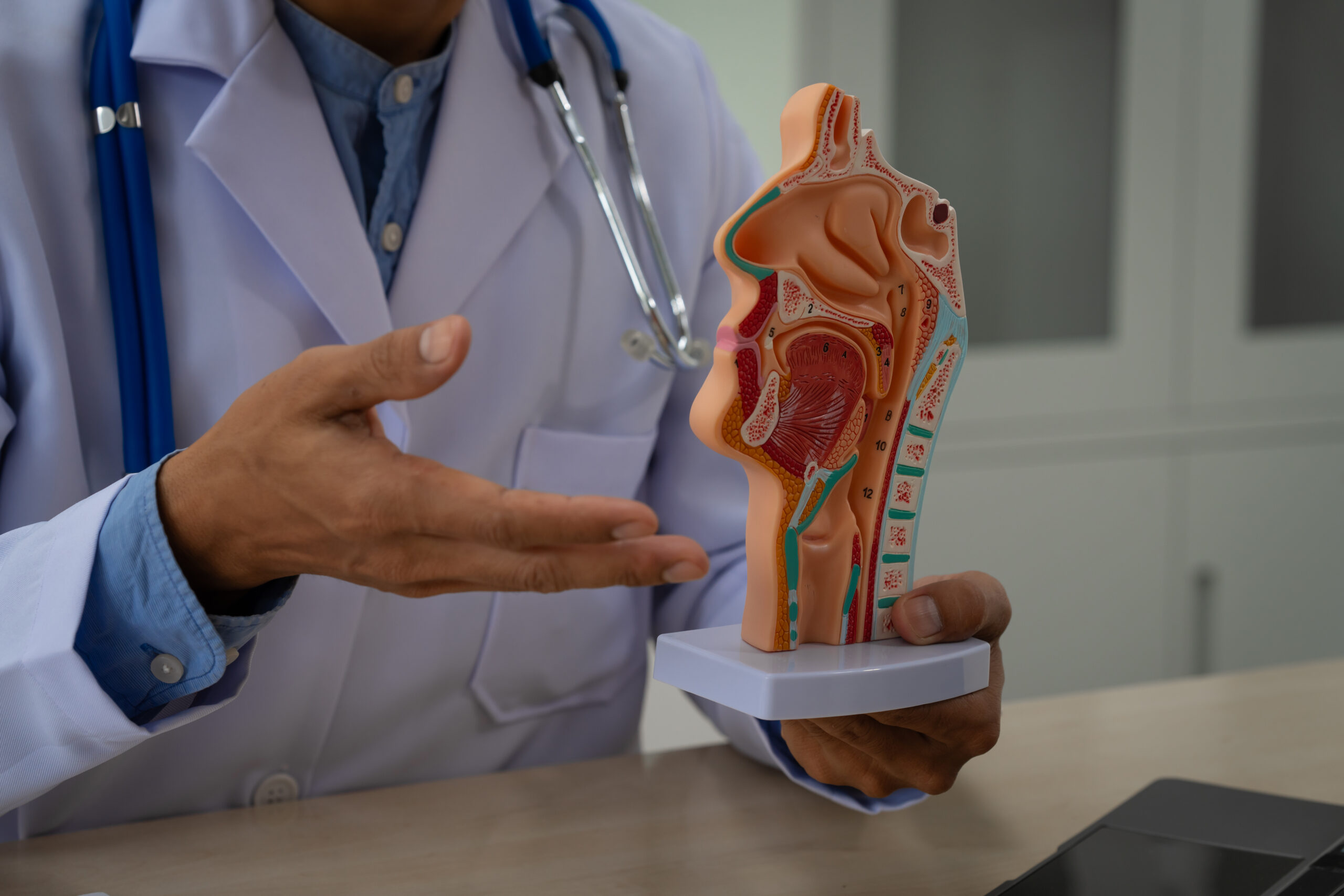A recent Straits Times’ article titled “More cancer patients in Singapore die, compared with US, South Korea: Paper” has spotlighted a troubling reality — cancer remains the leading cause of death in Singapore, accounting for nearly one in three fatalities. This puts Singapore’s cancer mortality rates higher than in some developed countries like the U.S.
Contributing factors include lower participation in regular screenings, delays in seeking medical attention, and differences in healthcare access and early detection initiatives. While advancements in medical treatments have improved outcomes, the challenge of late-stage diagnosis continues to persist.
Early detection can significantly alter the course of a patient’s health journey, as noted by many medical professionals. Regular screenings are crucial in identifying potential issues early, offering better treatment options and improving survival rates.
Why Early Detection is Crucial
Cancer often develops silently, showing few or no symptoms in its early stages. By the time symptoms become apparent, the disease may already be advanced, limiting treatment options and reducing survival rates. Early detection through screenings allows us to intervene sooner, improving outcomes dramatically.
“The earlier we detect cancer, the more treatment options we have, and the better the outcomes,” explains Dr Lim Wan Ting, a hybrid care doctor and family physician with Doctor Anywhere. “Regular screenings allow us to identify warning signs early, often before symptoms appear, giving patients a far greater chance of recovery.”
To illustrate:
- Breast cancer: Early detection can increase survival rates to over 90%.
- Colorectal cancer: Screening can reduce mortality by up to 30% through early diagnosis.
- Cervical cancer: Regular Pap smears and treatment of precancerous lesions can reduce incidence and mortality by more than 80%.
Singapore’s Cancer Trends
The National Cancer Centre Singapore (NCCS) reports an alarming rise in cancer cases:
- Between 2018 and 2022, 87,716 cancer cases were diagnosed.
- Breast, colorectal, lung, and prostate cancers remain the most common types.
- Five-year survival rates vary significantly depending on the stage of diagnosis, underscoring the importance of early detection.
While Singapore has made strides in treatment advancements, there’s a noticeable gap in screening participation. Dr Lim observes, “Many people delay screenings due to fear or busy schedules, but these tests are critical in reducing mortality rates.”
Recommended Cancer Screenings
According to Singapore’s Ministry of Health (MOH) guidelines, the following cancer screenings are recommended:
- Breast cancer: Women aged 50-69 should get a mammogram every 2 years as part of the Screen for Life program.
- Cervical cancer: Women aged 25-29 should undergo a Pap smear every 3 years, while women aged 30-69 should do a HPV test every 5 years.
- Colorectal cancer: Adults aged 50-74 should do a faecal immunochemical test (FIT) annually. A colonoscopy may be recommended for those at higher risk.
- Lung cancer: Screening is not routinely recommended but may be considered for high-risk individuals (e.g., heavy smokers) based on a doctor’s assessment.
- Prostate cancer: Routine screening is not recommended for asymptomatic men, but a PSA test may be considered after discussing the potential risks and benefits with a doctor.
Overcoming Barriers to Regular Screenings
Despite the clear benefits, common misconceptions and fears often deter people from getting screened:
- “I feel fine, so I don’t need it.” Cancer can remain symptom-free in its early stages. Screenings help detect hidden risks early.
- “I’m too busy.” Health screenings are quick and can save time, money, and even lives in the long run.
- “I’m afraid of bad news.” Early detection provides more options and a greater chance of recovery. Knowledge is empowering.
“Screenings may feel intimidating, but they’re an important step in protecting your health,” Dr Lim emphasises. “The earlier we find something, the better we can treat it—and the better the outcome.”
Dr Lim and the healthcare team at Doctor Anywhere have conducted health screenings in diverse settings, such as corporate onsite locations, DA Clinics, DA Orchard MedSuites health screening centre, and even at patients’ homes. This comprehensive approach aims to improve accessibility and convenience, helping to overcome common barriers to participation in health screenings.
Taking Control of Your Health
Singapore’s rising cancer rates are a wake-up call to take proactive steps in health management. Early detection not only improves survival rates but also enhances quality of life and prevents avoidable complications.
Here’s how you can start:
- Consult your doctor about the screenings appropriate for your age, gender, and risk factors
- Follow national screening guidelines
- Make health screenings a regular part of your routine, just like dental check-ups or car servicing
Cancer may be on the rise, but early detection can make all the difference. Regular screenings are a small step towards securing a healthier future. Start prioritising your health today — it’s an investment in the time and quality of life you deserve.







